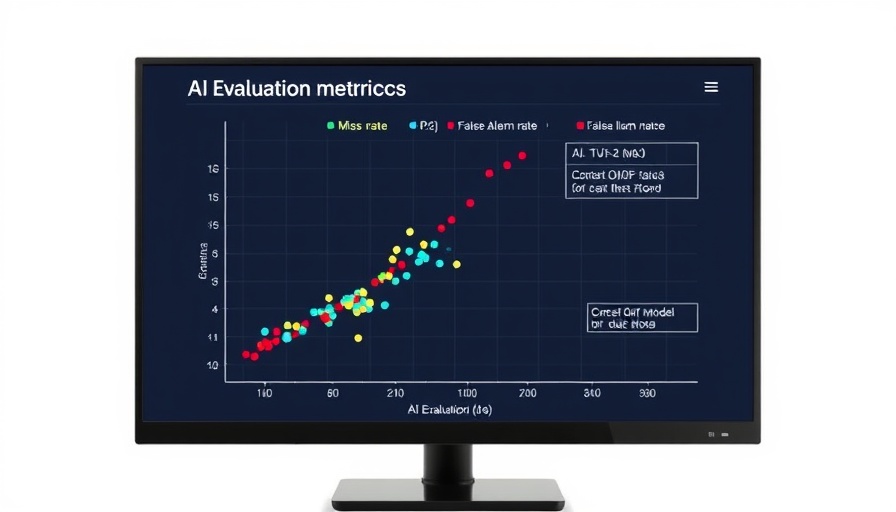
The Rise of AI-Generated Music: A Trend or a Threat?
AI-generated music, often termed "AI slop," is permeating digital platforms, culminating in a distinctive musical landscape that is increasingly difficult to navigate. Tracks like “Taste My Ass” and “I Caught Santa Claus Sniffing Cocaine” are just a glimpse into this bizarre world. Even those trying to avoid AI music might find themselves unwittingly listening to it, as highlighted by podcast host Brace Belden, who stumbled upon an AI track after finishing an album from alt-country artist Lucinda Williams.
The Business Behind Novelty Songs
One notable creator in this space is JB, the individual behind the provocative “BannedVinylCollection.” Despite the comedic and often ludicrous nature of the titles, JB treats this venture seriously, investing hours into crafting each song. With a monthly income around $200 from Spotify alone, he primarily relies on platforms like Patreon and Bandcamp for revenue. This monetization reflects a growing acceptance and demand for unconventional content in music streaming.
Spotify's Current State: AI Music on the Rise
Tim Ingham, founder of Music Business Worldwide, confirmed the burgeoning presence of AI music on Spotify. His experience revealed a collection of 13 AI-driven artists garnering around 4.1 million monthly listeners. This implies that the novelty doesn't solely lie in explicit content; a broader array of genres is beginning to incorporate AI, capturing listeners across diverse tastes. Most notably, traditional streaming services have yet to establish a universal policy restricting such content, leading to a musical environment ripe for unregulated creativity.
The Bigger Picture: AI's Role in the Music Industry
While AI music may amuse or even shock listeners, it raises significant ethical concerns within the industry. For instance, although platforms like Deezer are tracking AI uploads, flagging about 18% of tracks daily, the absence of proactive measures on platforms like Spotify is noteworthy. Major streaming services prohibit AI-generated music that mimics actual artists, but a comprehensive ban is still absent, leading to conversations around the sustainability and integrity of art in a rapidly evolving technological landscape.
What Lies Ahead: Predictions for AI Music
As AI technology advances, the question remains—will listeners accept the growing prevalence of these machines infiltrating musical genres? Potential futures include a segregated listening experience where consumers can opt for either organic music or AI-generated output. Alternatively, there might be a resulting saturation of both AI and human-made content that complicates audience decision-making. The future of music, flavorfully chaotic as it may be, seems to be headed toward a distinctive intersection of creativity and technology.
Understanding Consumer Perspectives
For consumers aged 35-55, particularly those in tech-driven industries, awareness of music consumption is crucial in understanding trends like AI slop. The novelty of AI songs may provide entertainment value, yet it deserves a critical examination of the broader implications in terms of originality, artistic value, and emotional connection to music.
Taking Action: What Can Be Done?
For those in the industry, it is essential to engage in ongoing discussions about the impact of AI on music and creativity. Organizations and music professionals might consider advocating for clearer policies and improved AI detection systems on streaming platforms to ensure an ethical listening environment that respects human artistry. By involving industry experts in the dialogue, stakeholders can collectively navigate the evolving landscape of AI music and protect artistic integrity.
In conclusion, while artificial intelligence is redefining the boundaries of creative expression, this innovation also brings forth important questions about authenticity and the essence of music. It is crucial to remain engaged, informed, and proactive in shaping the future of the industry.
 Add Row
Add Row  Add
Add 




 Add Row
Add Row  Add
Add 

Write A Comment